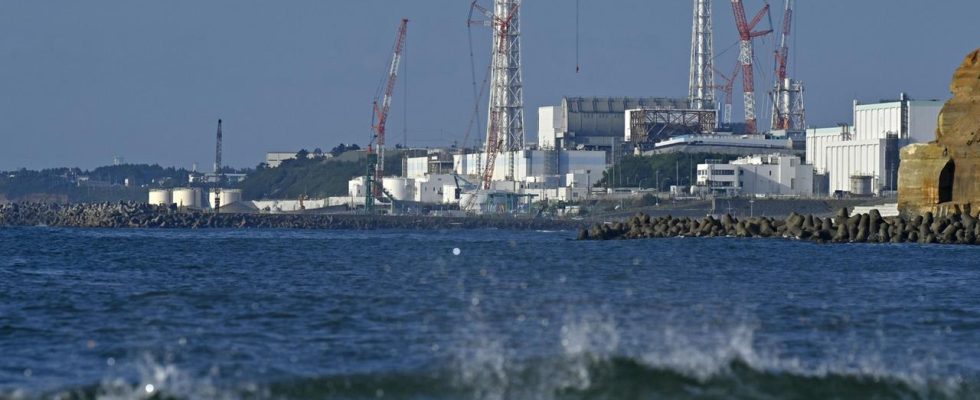Just yesterday, the IAEA found the disposal of Fukushima cooling water into the sea to be harmless. According to a report, the Japanese government wants to get serious as early as August. Fishermen want to prevent this with a petition.
According to a media report, the Japanese government plans to start discharging filtered cooling water from the Fukushima nuclear ruins into the sea in August.
Based on the final report approved by the International Atomic Energy Agency (IAEA), the government will explain the plan to local communities and neighboring countries, Japanese business daily Nihon Keizai Shimbun reported.
IAEA report: Introduction harmless
The day before, IAEA chief Rafael Grossi had given Japan the green light for the planned disposal of huge amounts of filtered cooling water in the sea. Japan’s plan meets international safety standards, the final review report said.
Fishermen want to prevent initiation with a petition
Fishing cooperatives in the three neighboring prefectures of Fukushima, Miyagi and Iwate announced that they would send a petition to the central government and the operator of the damaged Fukushima Daiichi nuclear power plant this week, in which the fishermen would speak out against the planned dumping of the cooling water.
People in Fukushima protest against the discharge of diluted cooling water from the nuclear power plant ruins into the sea.
They fear reputational damage and loss of sales. The Japanese news agency Kyodo quoted one of the fishermen in Fukushima as saying:
I am extremely concerned as I do not know how the release of the treated water will affect my work and livelihood.
Criticism also from China
Japan’s plan is also met with concern and rejection in neighboring countries such as China: the government in South Korea has so far emphasized that it intends to stick to the import ban on fishery products from Fukushima and the surrounding area as long as concerns about the planned disposal of the cooling water have not been dispelled.
Tritium can’t filtered out become
In 2011, an earthquake and tsunami caused a core meltdown at the Fukushima Daiichi nuclear power plant. The destroyed reactors still have to be cooled with water, which is stored in huge tanks. But according to the operator group Tepco, there is now no space for that.
The water is therefore to be filtered through a tunnel built about one kilometer into the sea and disposed of diluted. However, the ALPS technical system cannot filter out the tritium isotope. According to Tepco and the IAEA, there is still no danger, since tritium is harmless in small quantities.

